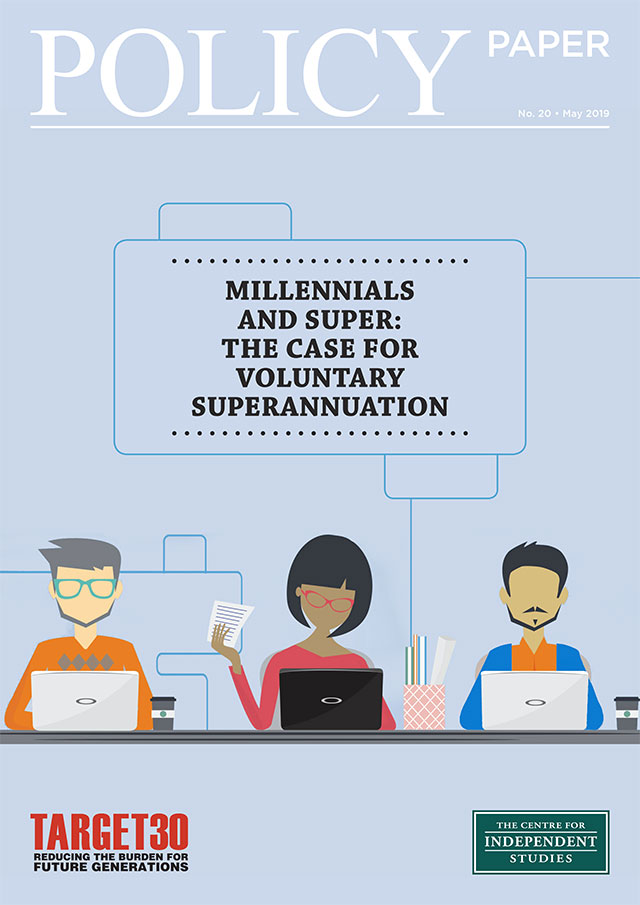

Superannuation is not a good deal for everyone.
As a result of house prices increases, it has become much harder to save for a deposit and, as a result, homeownership percentages among younger workers have fallen. Superannuation, particularly future increases in the guarantee rate, is one of the reasons it is harder to save for a deposit. Given the importance of owning a home to comfort in retirement this is a concerning trend.
Working part time for a long period of time, particularly when shifting between a number of employers and when combined with career breaks, substantially reduces future super balances, as the significant superannuation gap between men and women shows.
The super system does not reflect the savings patterns of lower income workers. Inherent in the compulsory nature of super is the idea that people’s saving and consumption choices are irrational, and so need to be corrected or people will under-save for retirement and live in old age poverty.
Not only is the Age Pension an existing solution to this problem, one that is not eliminated by superannuation, but there are often good reasons for lower income workers to prioritise consumption over savings, or different savings goals over retirement.









